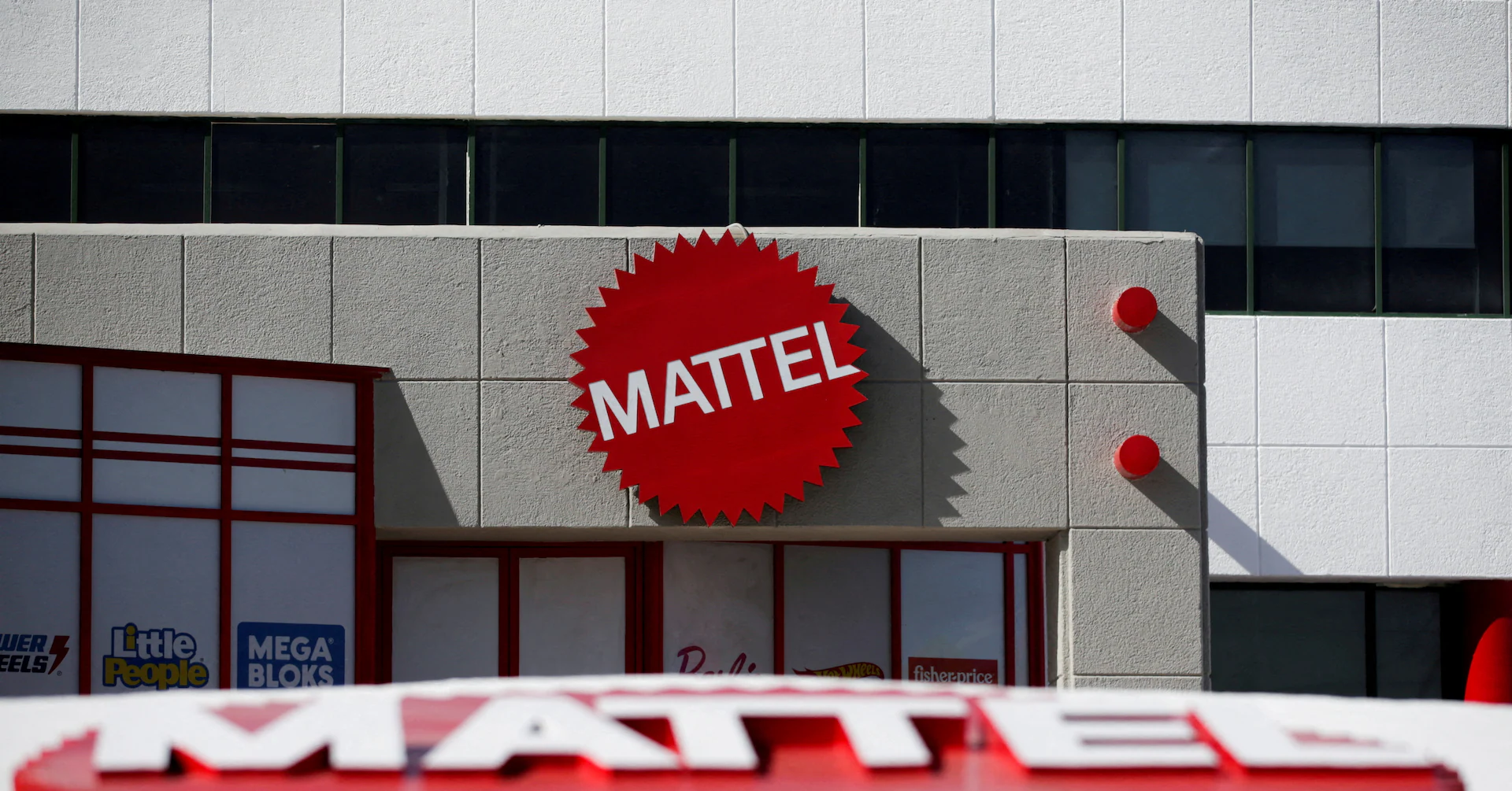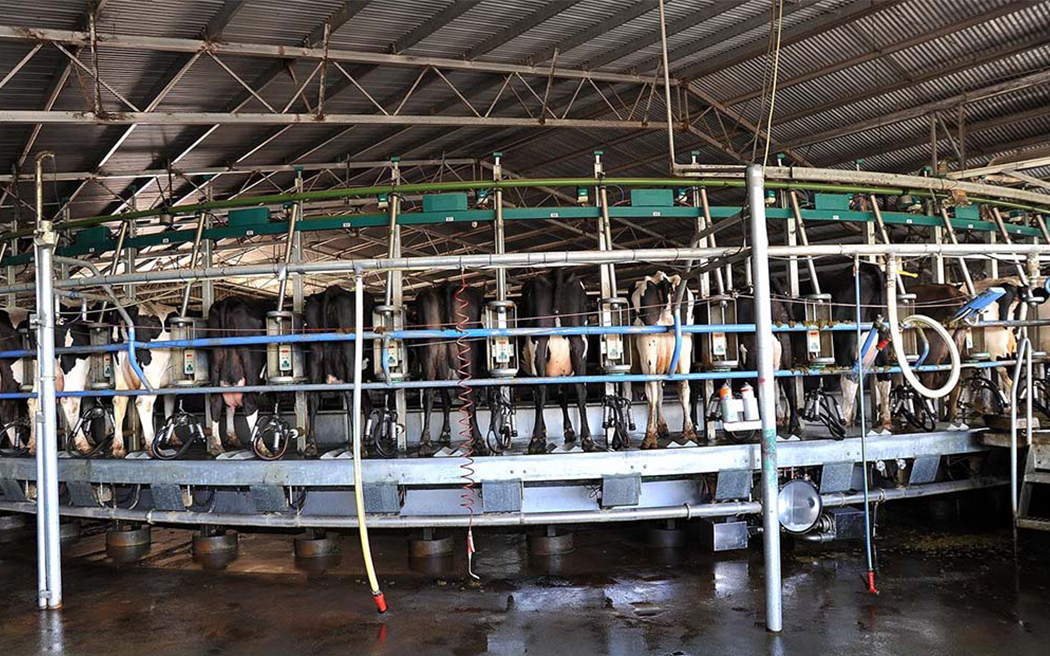Copyright Reuters

NEW YORK, Oct 22 - Fans of Netflix's runaway hit "KPop Demon Hunters" will only be able to get their hands on branded toys well after the key holiday shopping season, a missed opportunity for Mattel and Hasbro that have won licensing deals from the streaming giant. Sign up here. The toymakers had the chance to meet the year's biggest toy-buying period, a person familiar with the matter told Reuters. However, they did not foresee the crossover appeal with Korean pop music and anime fans as well as casual viewers, so they declined to commit to a licensing deal before the film was released in June, the person said. Since it typically takes major toymakers 12 to 18 months to win licenses, develop, manufacture and ship products to the U.S., they collaborate with movie studios on scheduling product releases, planning to stock shelves with what they bet will be popular toys before the year-end holidays, when toymakers make nearly a third of annual sales, industry experts said. Mattel and Hasbro declined to comment on whether they declined the licenses before the film was released. In an interview on Tuesday, Ynon Kreiz, CEO of Mattel, said: "It does take time to develop product, especially at the quality that we do." "Here, we're going to put (the toys) on a fast track given the strong demand," Kreiz said. MERCHANDISE LICENSING OPENS UP NEW NETFLIX REVENUE STREAM KPop Demon Hunters tasted success at release. It topped streaming and became Netflix's most-watched animated film ever by early July, while "Golden," a song from the film hit No. 1 on Billboard Hot 100. Two months later, a theatrical sing-along release sold out at more than 1,300 theaters including in the U.S. and UK. To be sure, merchandise tied to movie hits or seen on celebrities can sell out no matter the time of launch. For instance, Labubus, the collectible plushie toys with a sharp-toothed grin, were first launched in 2015 but went viral a decade later after stars including BLACKPINK singer Lisa were seen carrying one. But holiday sales this year are widely seen as even more important for a toy industry that has for years faced competition from mobile game makers and streaming firms, as U.S. tariffs on imports have boosted costs. Netflix in January landed its first master licensing deal with Squishmallows-maker Jazwares to make toys and costumes for a collection tied to TV show "Stranger Things". The company has since partnered with Lego to make building sets inspired by anime series "One Piece". THIS SEASON'S CANDIDATES FOR MOST POPULAR TOYS Some U.S. toymakers expect shortages of toys this season considering many supplies come from China, whose goods the U.S. subjects to steep tariffs. They have also said major retailers have cut back on holiday orders because of rising costs and uncertainty about consumer spending. However, Adobe Analytics forecasts U.S. consumers will spend about $8.8 billion on toys this holiday season, up from $8.2 billion last year. Toys linked to "Jurassic World: Rebirth," which was released in July, and "Transformers 8: Rise of Unicorn," set for release in late December, are likely to be the most popular merchandise this year, said Greg Ahearn, CEO of trade group Toy Association. Funko did not immediately return a request for comment. Mattel is manufacturing a pack of three dolls from the movie, while Hasbro is developing a branded Monopoly card game that will be available to ship on January 1. "We have a long relationship with Disney on Marvel and Star Wars, and so we know what the cadence of entertainment events is, and we plan accordingly to create products around those entertainment events," Hasbro's president of toys, games, licensing & entertainment, Tim Kilpin, told Reuters this month. "But there are also times when a new property starts to break out. Those don't happen very often but when they do it's exciting, it's a surprise," he said. Reporting by Arriana McLymore and Jessica DiNapoli in New York; Editing by Sayantani Ghosh and Christopher Cushing Our Standards: The Thomson Reuters Trust Principles., opens new tab Arriana McLymore is a New York-based reporter covering e-commerce, online marketplaces, alternative revenue streams for retailers and in-store innovation. She previously reported on telecoms and the business of law. New York-based reporter covering U.S. consumer products and the companies that make them, and the role they play in the economy. Previously reported on corporate boards and distressed companies. Her work has included high-impact stories on CEO pay, Wall Street bubbles and retail bankruptcies.



